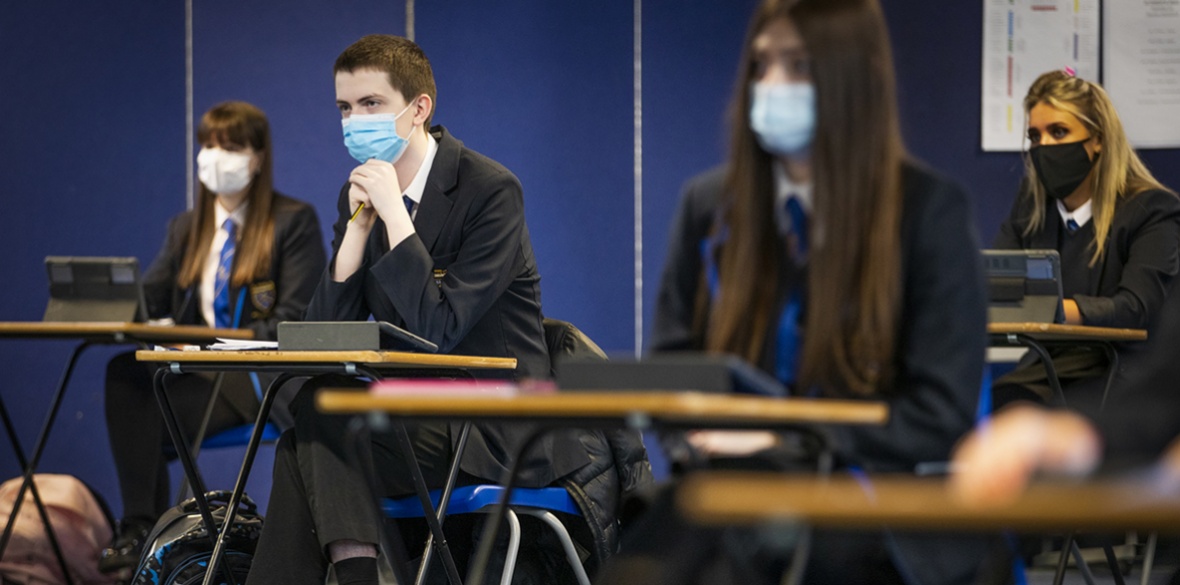This is the last article you can read this month
You can read more article this month
You can read more articles this month
Sorry your limit is up for this month
Reset on:
Please help support the Morning Star by subscribing here
THE number of children requiring treatment for severe mental health issues has hit record highs, according to new analysis which lays bare the pandemic’s devastating impact on under-18s.
More than 409,000 children were referred to the NHS in England for issues such as suicidal thoughts and self harm between April and October 2021 – a rise of 77 per cent compared to the same period in 2019.
According to NHS data analysed by the Royal College of Psychiatrists for the BBC, there were 349,449 under-18s in touch with NHS child and adolescent psychiatric teams at the end of October 2021 – the highest number on record.
These include the most serious and urgent cases where the child faces an immediate risk from an eating disorder, self-harm or suicidal thoughts.
It comes after a survey of almost 1,000 teachers and support staff, conducted by headteachers union NAHT and charity Place2Be, highlighted a notable increase in mental health issues among pupils since the pandemic.
Child mental health charity Young Minds said the pandemic has put “once in a-generation-pressures” on young people’s mental health.
“Even before the pandemic, many young people struggled to access support from mental health services, which are now facing unprecedented demand,” chief executive Emma Thomas said.
“The reality is that too many young people and families just can’t get the help they need and the variation in waiting times across the country is unacceptable.”
The government has pledged an extra £79 million for improving mental health support in England, including 400 mental health support teams in schools by 2023.
However campaigners have warned that this will only cover a third of pupils.
Charities are urging the government to set up a network of early support hubs for children and young adults where they can get help and advice without needing a referral or appointment.
“If the government does not act on this recommendation, it risks betraying an entire generation by potentially leaving hundreds of thousands of young people in crisis, with the NHS picking up the pieces,” Mind policy and campaigns manager Leila Reyburn warned.
Young people have been among the worst affected by the pandemic, she said, citing school closures, loneliness and isolation and difficulties accessing mental health services.
“Supporting the wellbeing of young people affected by the pandemic must be a priority – we urgently need to see a focus on young people’s mental health in the UK.”

 Bethany Rielly
Bethany Rielly









